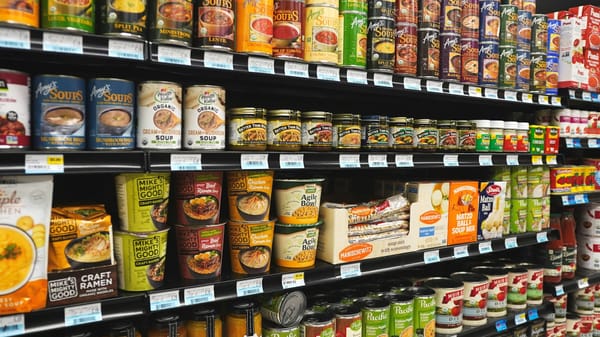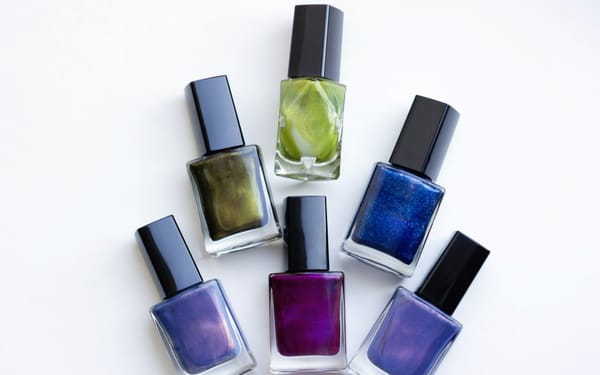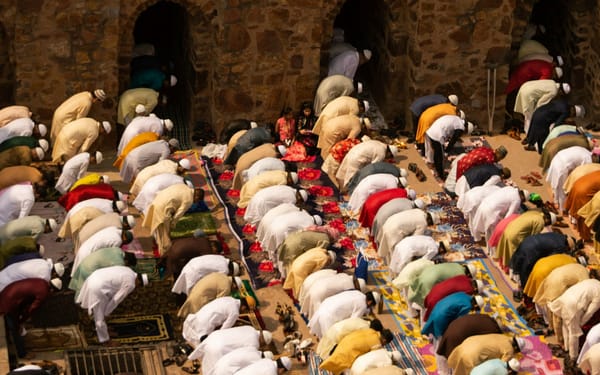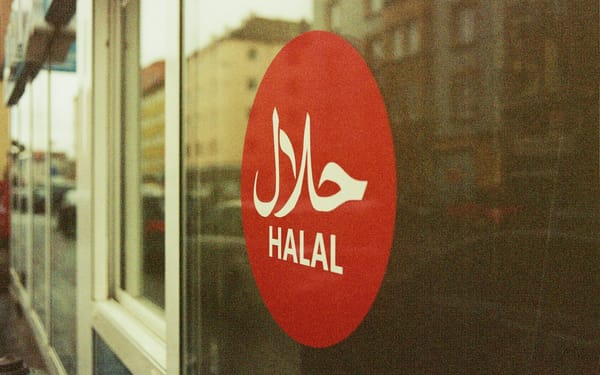Financing Your Business Through Murabaha

Finding halal financing for your business as a Muslim businessperson in the US or any other non-Muslim country can be difficult. Most loans involve interest payments and are, therefore, haram. A Murabaha business growth strategy in Islamic financing helps Muslims buy assets, such as buildings, equipment, plants, or raw materials.
Murabaha structure has been used widely in halal home purchasing such as refrigerators, TVs, solar panels, and others. Muslim business owners often find themselves lagging in today's business world because there aren’t many halal ways to finance & grow their business.
Traditional loan products involve interest; therefore, Muslims refrain from them. Those who want to raise capital but don’t want to give out equity or make someone a business partner can use Murabaha-based loans. Let's see how you can use Murabaha business growth strategies for your companies.
Here is how the Murabaha structure works:
What Is Murabaha?
Murabaha, in Islamic finance, is a model for cost-plus financing, in which the financier buys the asset and sells it to the consumer at a markup. Selling items at a markup is halal in Islam as per the Shariah law. So, in a Murabaha contract, the individual goes to a financier, such as a bank or an investor, to purchase the asset they want on their behalf.
The financier discloses the price of an asset and the markup they plan to charge; if the buyer agrees to the conditions of the financier, they set up a contract. Today, most Murabaha agreements are on a deferred basis. It involves the buyer paying back the total amount, including the price of the asset and markup, through several small payments over a certain period.
Various critics argue that the markup is just like interest, and Murabaha is an alternative way of charging interest on loans. But Murabaha has one key difference: the financing is asset-backed. In Islam, money is a medium of exchange and has no intrinsic value; therefore, lending money to make more money is haram. However, the sale of an asset to earn a profit is halal because the money was converted into a commodity or asset of value.
Example of Murabaha
You can incorporate these examples as Murabaha business growth strategies for your respective services. Let’s take the example of Ali, who wants to buy a second plant for his factory to expand sales. However, he does not currently have the means to purchase a brand-new plant but is very hopeful that the new plant, worth $100,000, will help him increase his sales.
So, he goes to Usman, who is looking to invest his money. Usman agrees to buy the plant for Ali and then sell it to him but at a markup of 10%. Then, proposes that Ali pay him back the entire amount, which is $110,000, within a year.
Ali agrees to this and purchases the plant from Usman. After the purchase of the plant, Ali managed to earn higher profits that helped him expand his business and pay back Usman in agreed installments.
This type of contract favors both the investor and the buyer. As opposed to interest-based loans where the bank or financial institution earns a profit regardless of the borrower’s situation. The conventional banking system favors the lender only; therefore, interest-based loans are haram.
Conditions for a Murabaha Contract
Before you can make use of Murabaha business growth rules, you should know these conditions. For a Murabaha contract to be valid, you must ensure these are met.
- The price of the commodity and the markup being charged must be disclosed to both parties.
- The financier (bank, investor, or the first buyer) must buy the property before selling it to the actual buyer who wants it.
- The financier must also be exposed to the risk of defects in the commodity.
- The financier must also be willing to accept the return of the commodity if the buyer discovers a fault in the item. (the financier can choose to exchange the commodity or return it to the original)
Legal Considerations
Murabaha is a type of debt financing that is cheaper than equity financing. Raising capital through giving out equity shares to investors means that the company/business must deal with other regulations. They'll also pay taxes on the amount that is paid out to shareholders. Murabaha is, therefore, beneficial because taxes are not charged on the amount of debt that is paid out to the financier; hence, it is cheap.
If the company undergoes major losses or winds up, the debt is paid out from whatever cash or net worth of the company remains. Shareholders who own the company are paid later (if there are any remaining funds after clearance/ settlement of debt). So, the financier gets an advantage that their money will be paid out before the shareholders.
A Murabaha contract involves the purchase of an asset, so in case the business owner defaults, the financier (who bought and lent the asset) can take the security. The contract is designed to provide ample security to the financier in case of default. This is because the asset can be taken back if the business runs out of cash.
However, the asset can also be sold by the buyer. It is the buyer’s choice to keep the asset or sell it. The debt, however, remains, and the financier is obliged to return the amount as per the agreement. It raises the question: what if the buyer wanted the loan (money) and not the asset in the first place? Would it be halal because the intention was to get the money by selling the asset?
An arrangement for this situation is known as Tawarruq.
Murabaha vs Tawarruq
Tawarruq in Islamic finance is a financial arrangement in which the sale of an asset takes place three times. The actual borrower who wants money asks the investor to first buy an asset on their behalf and then sell it to the actual borrower. The actual borrower sells the asset to get money and uses it as he wants.
Ultimately, the borrower receives cash, but the entire process is halal because the lender and the borrower did not exchange money. The series of the transaction must involve a commodity or asset of value, such as gold, platinum, copper, steel, etc., that can be bought and sold easily.
STEPS
First sale: The financier (bank or investor who is the lender) purchases the commodity or asset from a supplier
Second sale: The financier sells it to the customer (or the borrower who needs money)
Third sale: The customer sells it to a different supplier to get cash
Tawarruq is a financing arrangement just like Murabaha; it is also known as reverse Murabaha. As the Tawarruq arrangement was derived from Murabaha to ultimately borrow cash, it received mixed views from Muslim scholars and jurists. However, most scholars are of the opinion that it is permissible because the lending of an asset or commodity occurs instead of money (that has no intrinsic value). Hence, you can use these to outline your Murabaha business growth strategies.
Banks also offer loans through a Tawarruq and Murabaha framework. For Tawarruq, the bank arranges the suppliers who will sell an asset to the bank and buy from the client. The Tawarruq transaction is permissible as long as all three transactions occur and follow Islamic guidelines. It is also important that the transaction must not involve a haram commodity. Also, in the third sale, the commodity, or asset must be sold to a different supplier.
Tawarruq is impermissible if the same supplier buys back the asset that was being sold twice before. The commodity, at any stage, must not be bought back by a previous owner. The ownership must be transferred legally to the four owners during the three-sale process. The three owners in a Tawarruq arrangement are the first supplier, financier, borrower, and second supplier.
In conclusion, the Tawarruq structure valid only if they document the process and observe the legal laws regarding the contract. Banks, for instance, have a Shariah compliance committee that keeps a check and balance on how to execute the Tawarruq contracts.





